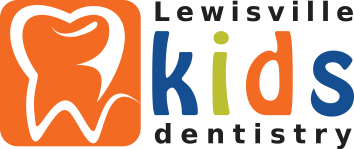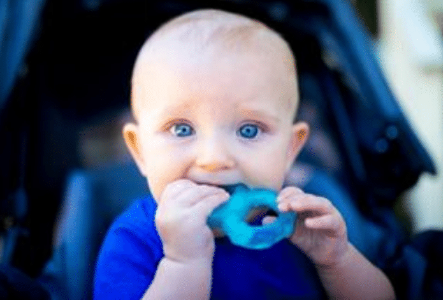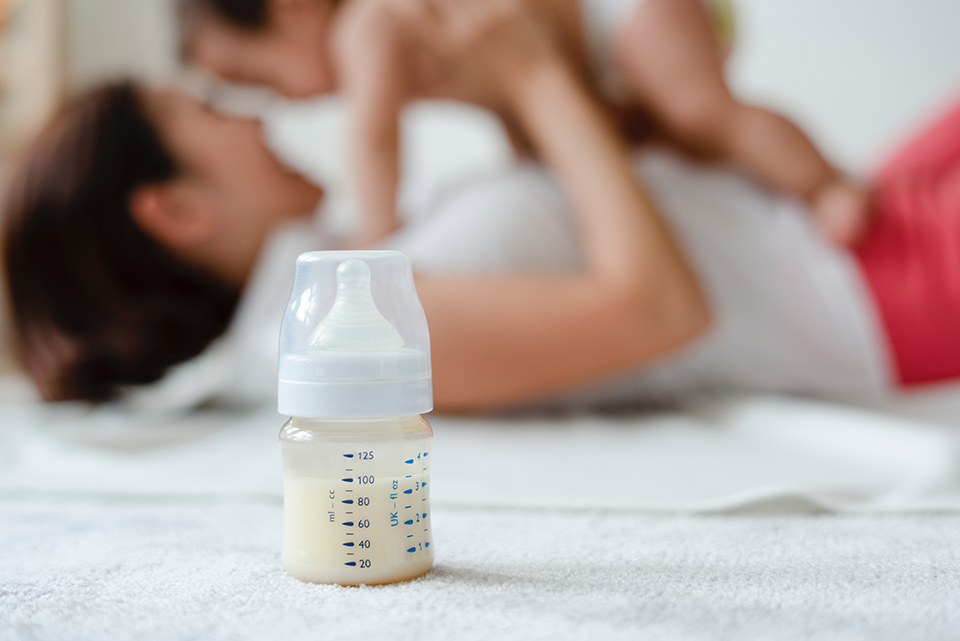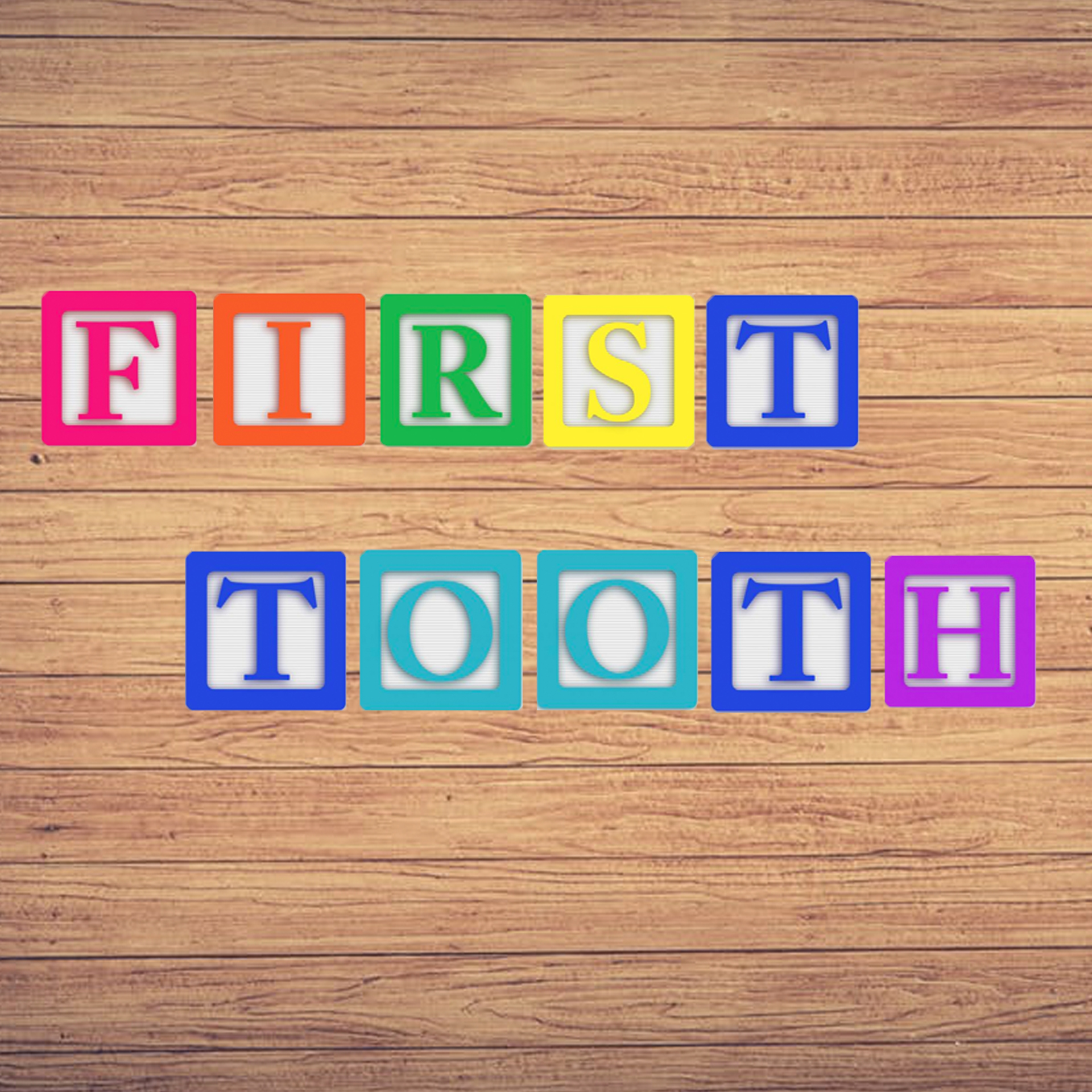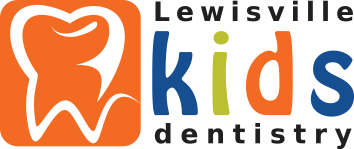Posted on December 15, 2022
Losing baby teeth is a significant rite of passage for young children, and it can be exciting for kids with hopes that the tooth fairy pays them a visit. But this rite of passage is important for parents, too. As a pediatric dental office, one of the common questions we hear from parents is regarding the proper timing for permanent teeth to fully appear. While every child is different, the average timeframe for an adult tooth to replace a baby tooth is about 6 months. In some instances this timeframe can be longer, for a number of reasons. Learn more about a few of the more common reasons some teeth take more time to come in.
- Teeth Spacing: Occasionally, baby teeth can come in too close together. Close spacing can cause issues when a baby tooth is lost and the new tooth is coming in. There may not be enough space for the new tooth to properly grow in. When this happens, the tooth may take longer to come in.
- Impacted Teeth: An impacted tooth is normally caused when a baby tooth is lost prematurely, such as a tooth being knocked out. The emerging tooth can get lodged inside the bone, preventing it from emerging. This can also happen with a tooth that is partially exposed, creating a partially impacted tooth.
- Incorrect Growth: Children’s teeth, more commonly than not, have a non-uniform appearance. In some instances, baby teeth can be misplaced which causes the adult teeth to come down in the wrong location.
Sometimes new teeth struggle to erupt with no apparent cause. If you feel your child may be experiencing one of these permanent teeth growth issues, consult our pediatric dentist. We can determine if there is a cause and take the correct steps to start to improve the situation. If there is an issue with adult tooth eruption, the sooner it’s addressed the better.
It’s important to regularly schedule dental cleanings and examinations for your children. During these visits with our pediatric dentist, we’ll monitor your child’s smile as it continues to transition. This allows our dentist to be more interceptive with any issues that may arise, making any treatments easier to manage as your child continues to grow. If you have any questions or want to schedule an appointment, contact our office today.
